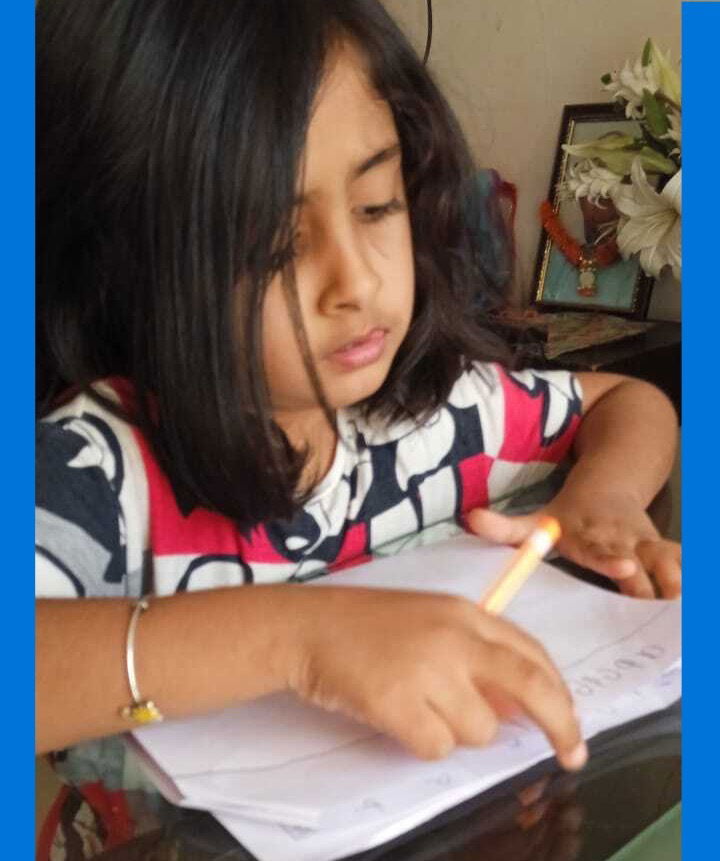Analysing The Difference 1 Week Of Tutoring Has On Marginalised Children

The EduAllReach Team had an opportunity to tutor 5 children from an orphanage for 1 week (1 hr 30 mins everyday) of ages 11-13 or grades 6-7. All the children were already in school although were seen to have low grades, mediocre interest in studying and below-average overall knowledge of concepts. We primarily taught the 3 main subjects of English, Math and Science. Due to the quality and quantity of education even at a 6-7 grade level being comparatively low, their knowledge on the subjects were understandably lower than our at the same age.
We were surprised to learn on Day 1 that most of them did not do their homework on a regular basis but were not pushed to complete the same either. The students' school and teacher did not encourage them to study and had a generally laissez-faire way of teaching. As a consequence of this, we quickly learnt that we would need to make learning fun and have rewards so that we would not get counterintuitive results.
On the first day, we started with Maths, and went of fractions and percentages. Our team, went slow and had visual and interactive methods to keep the students interested. Although, as it was our first class we covered a smaller span of material.
As we moved through the days, we kept our topics, light and easy and had an activity/ quiz everyday on the previous day's material to ensure that the students were digesting the information well. This worked as motivation for them to do a better job at grasping the concepts completely. We also had a reward or incentive for them to get as many questions as possible correct. This embraced friendly competition and harbouring their potential. Some of the activities we conducted included cahoot quizzes (integration with technology), Pictionary with body organs and sing-along to learn fraction rules to name a few.
By Day 4, we saw a change in most of the kids where they prepared for the next day before coming to class and were excited to learn new topics instead of being intimidated. Although, we continued to go slow and try to be patient with the students.
We completed over 5 topics over the week including Fractions, Comprehension, figures of speech, basic geometry, speed-distance-time and human body systems.
It was a successful experience for both us and the students as we both got a sense of achievement. Our team was able to also gauge a better understanding on the quality of both the education and personal lives of these children. This enabled us to have a personal connection to our topic and be sensitive to the experiences of people from different walks of life.
- Stuti Desai